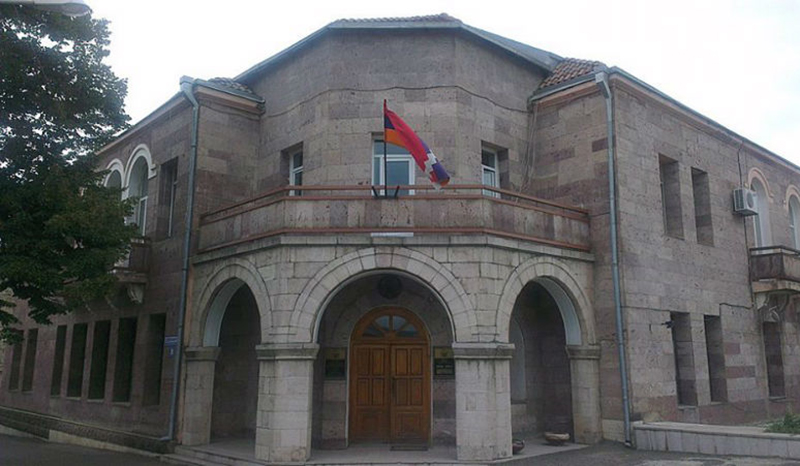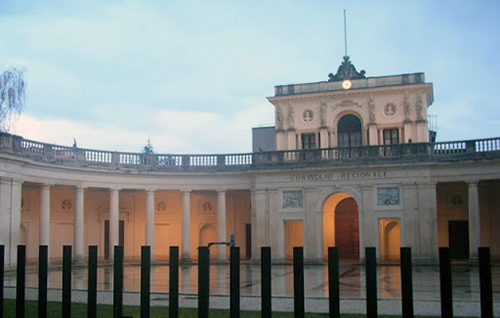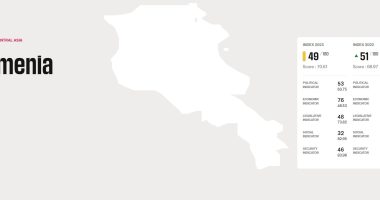STEPANAKERT — The tragedy in Maragha was one of the manifestations of Azerbaijan’s policy of violence and terror against Armenians, the Artsakh Foreign Ministry said in a statement, marking the 27th anniversary of the Maragha massacre.
On March 10, 1992, after prolonged shelling, the Azerbaijani armed forces broke into Maragha settlement of the Martakert region of the Republic of Artsakh. The local self-defense forces managed to evacuate most of the population, but 118 people, mostly disabled, elderly, women and children, remained in the village. Over 50 of them were brutally murdered. 45 residents of the village were taken hostage including 9 children and 29 women, the fate of 19 of them remains unknown.
Maragha was liberated by the Artsakh armed forces, but two weeks later the Azerbaijani troops invaded the village again and committed a new crime against the people who had returned to bury their relatives.
“The massacre of the civilians of Maragha was one of the most tragic events taken place during the war unleashed by Azerbaijan against Artsakh. The attack on the settlement committed by the Azerbaijani troops was not conditioned by a military necessity, but was aimed at eliminating its civilian population,” the Ministry said.
Representatives of the Christian Solidarity Worldwide organization, led by Member and Vice Speaker of the House of Lords of Great Britain, human rights activist Baroness Caroline Cox, who had visited the settlement immediately after the massacres, also testified about the war crimes committed against the civilian population.
“The tragedy in Maragha was one of the manifestations of Azerbaijan’s policy of violence and terror against Armenians, and deprivation of the possibility to live in their homeland. This policy was adopted and consistently implemented by the Azerbaijani authorities throughout the Azerbaijan-Karabakh conflict,” the statement reads.
According to the Ministry, Azerbaijan tried to apply the same methods and approaches during the April 2016 aggression unleashed against Artsakh, which was prevented only thanks to the decisive actions by the Artsakh Defense Army, ensuring the independence of the country and the security of its citizens.
“The military crimes and gross violations of international humanitarian law committed by the Azerbaijani armed forces both in Maragha and 24 years later, during the April war, prove that indifference and impunity towards the crimes against humanity lead to their recurrence,” the statement concludes.










